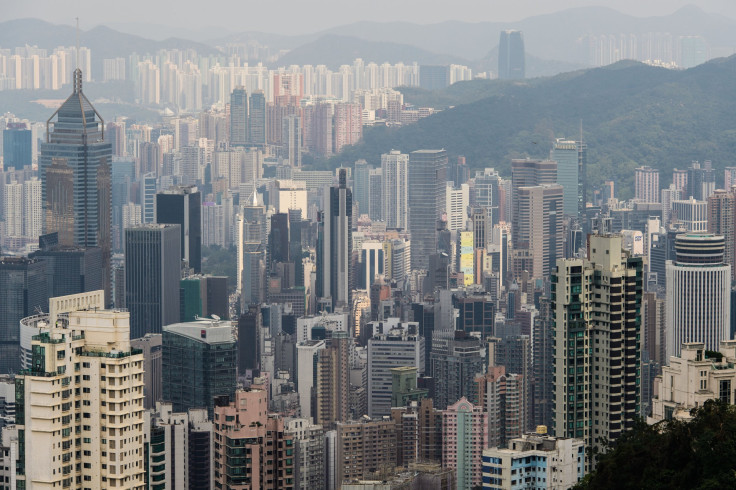Hong Kong Property Market: Turmoil Hits Sales, Outlook

Hong Kong’s globally expensive and highly sought after property market is staring at a bleak future from the fall out of the Hong Kong protests that spilled into the streets. The downturn in the real estate market has political, economic and social reasons, according to experts.
Reports said the two-month-long Hong Kong protests have dented the city’s real estate market in terms of sales and market appeal to investors.
As a result, all stakeholders are under pressure and financial loss. Many Hong Kong homebuyers are now retreating from the deals committed earlier.
The rate and volume of weekly home-sales fell to their lowest this year on June 28, according to the city’s largest real estate agencies.
There is a shattering of consumer confidence by the social unrest in the city and prolonged US-China trade tensions.
The ongoing strikes and demonstrations are weighing on home prices, according to realtors.
Outlook is dim
A researcher from commercial real estate services Jones Lang LaSalle sees a “dim outlook” on the city’s property. More global issues such as an expected U.S. recession and China-U.S. trade tensions are affecting the real estate of the ex-British colony in China, said the researcher.
“If you look at Hong Kong’s property market, historically, basically when the U.S. economy catches a cold or sneezes, Hong Kong’s property market is going to catch a cold,” Ma Denis Ma told CNBC.
Hong Kong’s property is considered the most expensive in the world. The 2018 Demographia International Housing Affordability Survey mentioned Hong Kong as the least affordable housing market in the 309 urban markets spanning Asia, Australia, the United Kingdom, and the U.S.
Falling Hong Kong home prices
The latest reports said in June, there was a heavy dip in Hong Kong home prices. The residential sales volume plunged 43.6 percent in June to a four-month low, according to Land Registry data.
“Judging from the recent social movement and market condition, the price index is within expectation. The index may further correct downward in the next one, two months,” said Thomas Lam, executive director of Knight Frank, who forecast a 5 percent drop in the second half.
Unsold property inventory jumps
Hong Kong’s inventory of unsold residential property soared to its highest in more than a decade, with 10,000 unsold homes at the end of the second quarter, according to the Transport and Housing Bureau.
The violent Hong Kong China protests also scared away many developers to the sidelines and drained their appetite for long-term investment.
Banks such as HSBC and Hang Seng Bank announced the extinction of quotas for mortgages as in the incomplete TPlus apartments.
Buyers backtracking
In July, many reports appeared suggesting the withdrawal of buyers from commitments to buy new homes worth more than US$8.9 million. They forfeited more than HK$3.5 million ($0.45 million) in deposits.
The number of deals fell from 35 major private estates to 23 per week, according to Midland Realty.
Many new projects are also reporting buyer walkouts, including three deals involving TPlus micro flats.
For Hong Kong’s financial stability a thriving property sector is a must.
Despite the current risks including the social unrest triggered by the extradition bill, Ma said the long-term outlook on Hong Kong is fine.
“We are in uncharted waters, and the only reference point we do have is the protests that we saw back in 2014. Again, then, obviously, the sentiment was bad. But, look, the Hong Kong property market rebounded,” Ma argued.
On Wednesday, the stock market’s Hang Seng Property index fell 3.18 percent following weekend protests in Hong Kong.
© Copyright IBTimes 2024. All rights reserved.




















